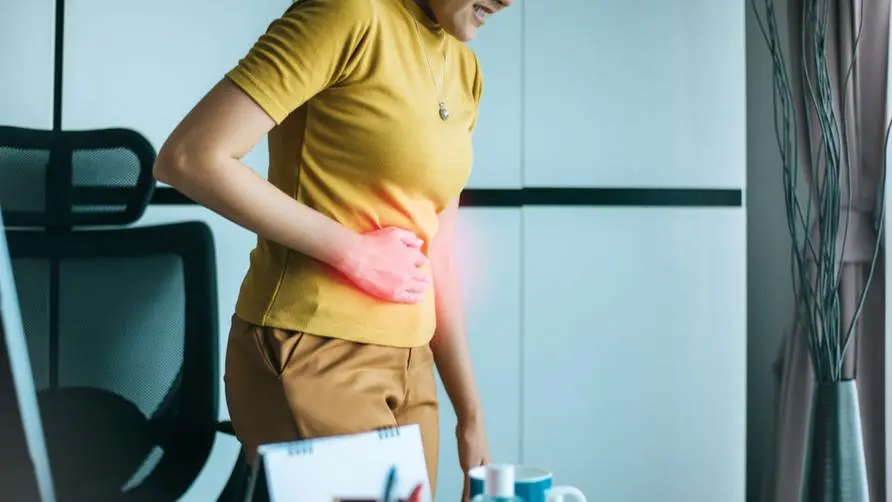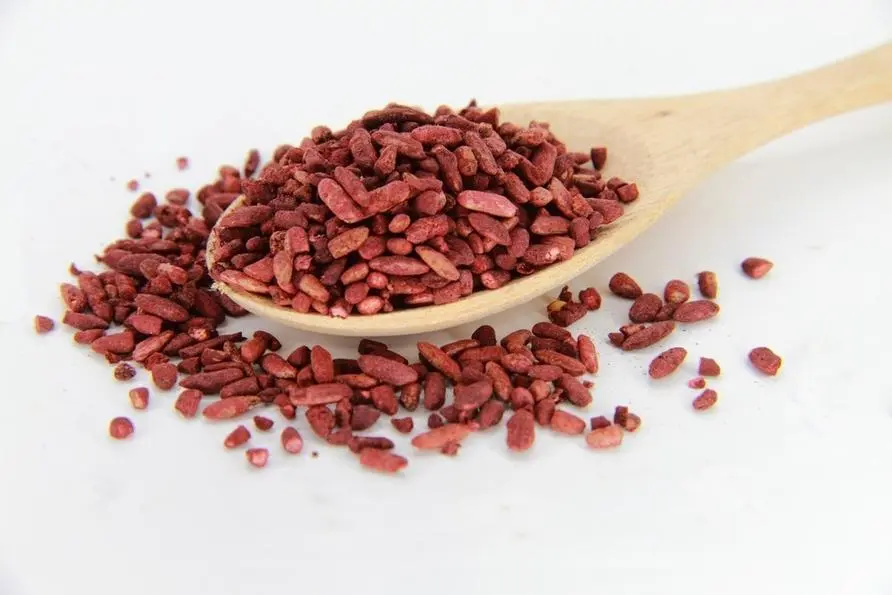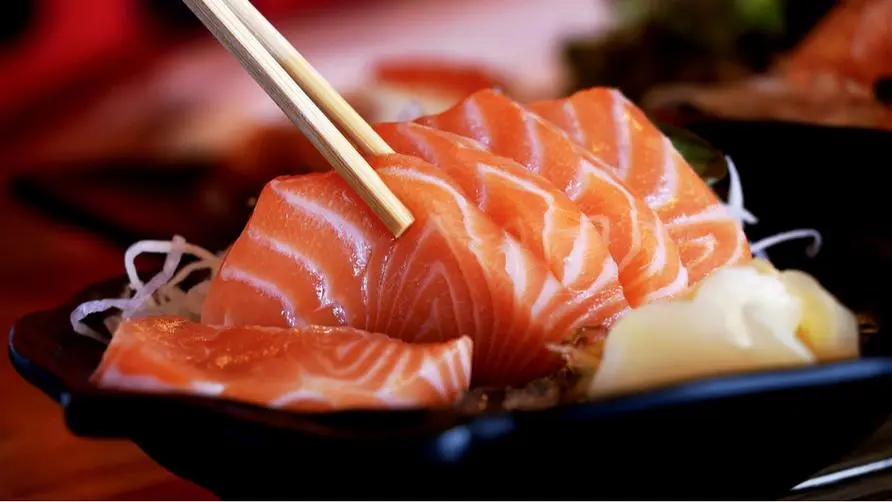Is the stomach pain that won't go away due to gallstones? Doctors teach "4 major points" to tell the difference between the two in one second

Stomach pain is a common problem among modern people. If stomach medicine is ineffective, it may be a gallstone problem. Dr. Yang Jianhua, Director of the Ultrasound Department of Lian An Clinic, said that the discomfort caused by gallstones is similar to stomach pain, so it is often confused or even delayed in seeking medical treatment. How to distinguish between the two, in addition to distinguishing from the time of onset and location of pain, it can also be clearly determined through ultrasound.
How to distinguish gallstones from stomach pain? Doctors teach simple “4 key points” to distinguish
Dr. Yang Jianhua pointed out that the stomach and gallbladder are located close to each other, and people often mistake gallstone pain for stomach pain. How to distinguish the two? It is suggested that the distinction can be made from four major parts:
Time of pain: Stomach pain usually occurs before meals; gallstones usually occur after meals or while sleeping at night.
Pain location: Stomach pain is mainly in the middle left side of the abdomen; typical gallstone pain occurs in the right upper quadrant, and sometimes the pain radiates to the right shoulder.
Pain frequency: Stomach pain often occurs periodically, with a dull burning sensation in the abdomen; gallstones cause intermittent dull pain.
Whether the medicine is helpful: 90% of cases of stomach pain can be improved after taking stomach medicine. However, if it is a gallstone problem, the possibility of the stomach medicine being ineffective and unable to improve the pain is very high.
Dr. Yang Jianhua emphasized that if gallstones block the bile duct, there may be serious physical reactions, such as jaundice, nausea, vomiting, and fever. In addition, bile cannot be secreted and digest food in the gastrointestinal tract, so the stool will appear gray-white and the urine will appear brown. status, at this time imaging examinations are needed to assist in further differential diagnosis.
Dr. Yang Jianhua explained that there are many clinically effective examination tools, such as abdominal ultrasound, which has an accuracy of up to 90%, has no radiation and is non-invasive. Although abdominal X-ray can also be used for diagnosis, gallstones are not easily visualized if there is insufficient calcium, and the accuracy is only 15-20%. In addition, there are advanced imaging medical tests such as MRI, computed tomography or invasive endoscopy: retrograde cholangiopancreatography (ERCP), which can also be used as a diagnostic tool, but the cost is relatively high.
Are women more likely to develop gallstones? Doctor: 70% of adults “never knew they had the disease”
Are women more likely to develop gallstones than men? Dr. Yang Jianhua pointed out that the prevalence rate of gallstones among Taiwanese is not low, about 10% among adults and 30-40% among older adults. In addition, not all people suffering from gallstones have symptoms. About 70% of patients will not have gallstones and will not know that they have gallstones throughout their lives. 20% will occasionally feel pain and discomfort, and 10% of severe cases require surgical treatment. However, there are very few cases of gallbladder cancer caused by chronic stimulation of gallstones.
Clinical observations show that the incidence of gallstones in women is 2-3 times higher than that in men. It is speculated that it is related to hormones, and as age increases, cholesterol also increases. When the bile concentration is too high and contains too much cholesterol and bilirubin, it is easy to form sand particles, which will slowly accumulate to form stones. The size and number of gallstones vary from patient to patient, and severe cases may require surgery to remove the gallbladder.
Diet modification reduces gallstone attacks? 10 high-risk groups that should be checked early
Even though gallstones may not necessarily cause pain, Dr. Yang Jianhua still recommends “dietary adjustments” to reduce the chance of attacks. The main function of the “gallbladder” is to store bile for digesting fats. In daily life, you can try to avoid overeating and greasy food, eat less refined carbohydrates, sweets, high-fat fried foods, etc., and consume more dietary fiber such as fruits, vegetables, and beans. Cereals, whole grains, etc., especially the following high-risk groups who are prone to gallstones, need to pay more attention:
Family history of gallstones
Middle-aged and older women
Multiparous women
Obesity
Hemolytic anemia patients
Liver cirrhosis
Diabetes
Alcoholic liver disease
Rapid weight loss
Poor eating habits: Fasters, those who like high-cholesterol foods.
In addition, Dr. Yang Jianhua also reminded the public that the rumor that eating “fossil grass” can dissolve stones is unproven. Generally speaking, when gallstones form, they are irreversible in principle. When an attack occurs, gallbladder surgery is often required. Attacks can be reduced through dietary adjustments in daily life. In addition, Taiwan’s medical therapy and surgical treatment are second to none. If relevant symptoms occur, doctors will give appropriate prescriptions according to the condition. People are requested to seek help from professional doctors and do not make their own judgments to avoid delaying the golden opportunity for treatment.
Dr. Yang Jianhua emphasized that gallstones are not terrible, but most of them have no symptoms. People who already have gallstones need regular follow-up. It is recommended that they have regular abdominal ultrasound follow-up examinations once a year. For the general public, once a year is enough. If you have inexplicable abdominal pain or stomachache, and it does not improve after taking stomach medicine, you may think that gallstones are at work and seek professional medical help as soon as possible.
Further reading:





